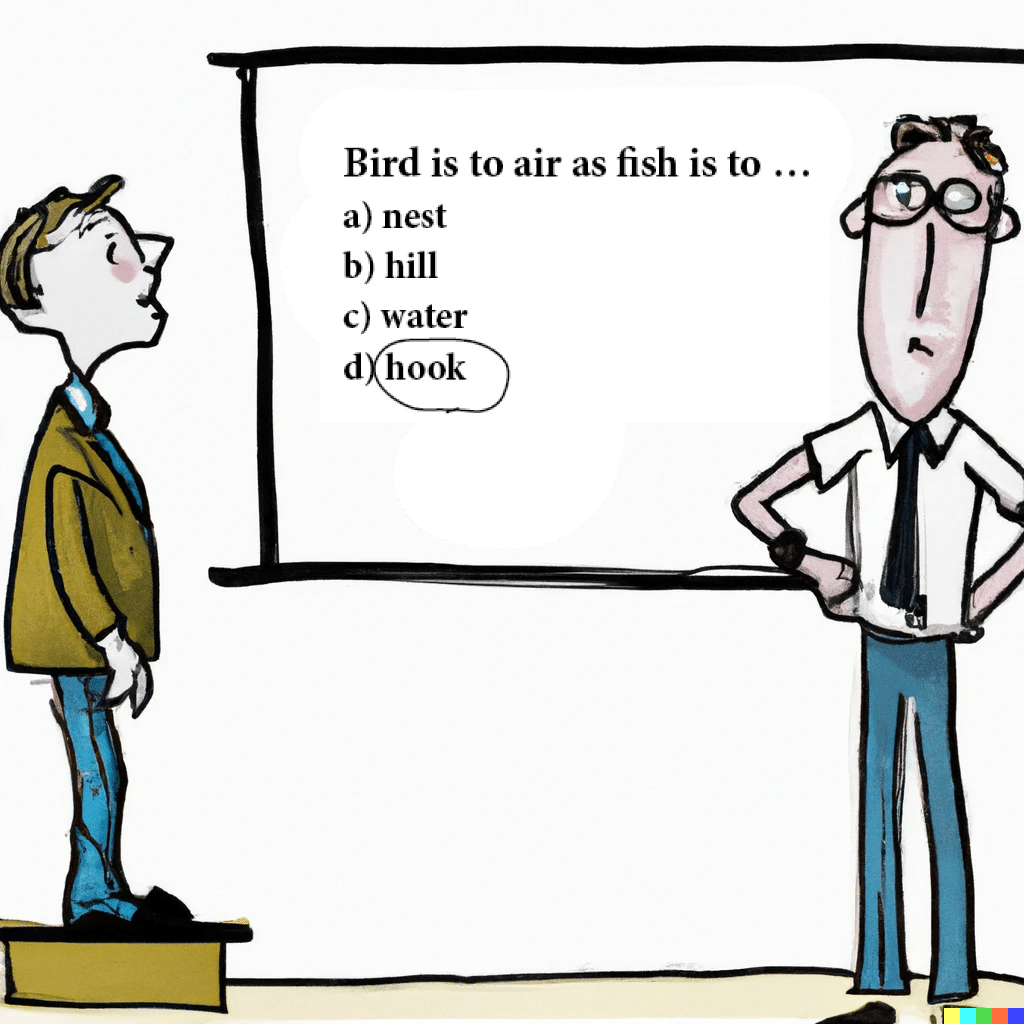
Highly intelligent people are usually able to learn foreign languages more easily than most people. Among the cognitive abilities that characterize high intelligence are strong short-term and long-term memory, an quick grasp of new concepts, a capacity for abstraction and an ability to discover patterns in structures. Since these are the kinds of abilities that are needed to acquire a foreign language, they provide the highly intelligent people with a better-than-average capability in developing fluency in a new language.
Language is composed of vocabulary, including nouns, verbs, adverbs and other parts of speech. So, if you were attempting to learn to speak French, you would have to learn and remember that “livre” is the French word for book and that its gender is masculine so any adjective modifying it would have to have the masculine ending. Similarly, you would have to remember the words for all the nouns and their corresponding genders. Then, you would have to learn the names of all the verbs, and the endings that correspond to the past tense, the perfect tense and the future tense, depending upon whether you’re speaking about the past, present or future. Connecting these words to form meaningful sentences then requires an understanding of the syntax, or structure of the language. This requires a conceptual understanding of how the components of the language fit together. Children learn their native language by repeated associations of names of thing and they use pattern recognition to recognize the differences in meanings of the phrases, “I went out,” “I’m going out,” and “I will go out.” People of high intelligence have an advantage in learning and retaining these learnings.
When it comes to learning another indo-European language, those of high intelligence, whose native language is indo-European, can see syntactic patterns connecting the two languages and can add the new language to their repertoire more easily than others. The great mathematician, Sir William Rowan Hamilton, from an early age, had displayed a special proclivity for languages. By age 13 he had acquired, through his Uncle’s tutelage, some degree of fluency in about a dozen Indo-European languages. Brilliant mathematician John von Neumann, whose native language was Hungarian, learned at a very early age to speak English, German, French, Latin and Ancient Greek.
Language is an abstract representation of reality used to communicate ideas among people. A capacity for abstraction is particularly evident in the highly intelligent and this provides yet another advantage in acquiring a new language. That is why IQ tests contain a component that measures vocabulary and comprehension.
